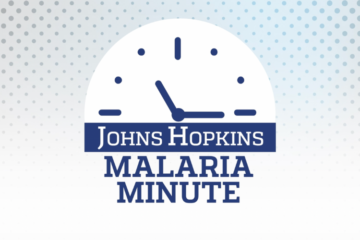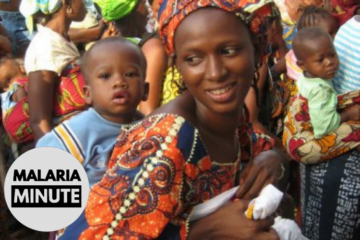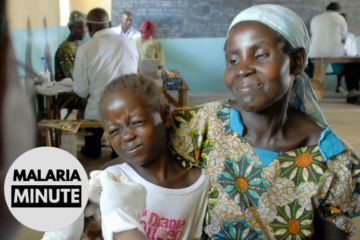The Latest Malaria News, in 60 Seconds.
A mechanism of resistance to artemisinin is identified and researchers find that breastfeeding could help to prevent malaria in babies.
Malaria Minute on iTunes and Spotify
Transcript:
A mechanism of resistance to artemisinin in malaria parasites has been identified. The antimalarial drug is activated by haemoglobin degradation products, which are generated in part by a protein called Kelch13. A mutated or inactivated form of this protein inhibits the degradation process by reducing haemoglobin endocytosis. The inability for haemoglobin to enter cells means that the artemisinin cannot be activated, reducing its ability to clear the malaria parasites.
And breastfeeding could help to prevent malaria in babies. Researchers collected samples of breast milk in Northern Uganda and showed for the first time that 15% of breast milk from mothers with asymptomatic malaria contain key antigens, either Plasmodium falciparum histidine-rich protein 2 or lactate dehydrogenase. Future work will evaluate whether proteins obtained this way play a role in infant immunity.
Sources:
A Kelch13-Defined Endocytosis Pathway Mediates Artemisinin Resistance in Malaria Parasites
Malaria Antigen Shedding in the Breast Milk of Mothers From a Region With Endemic Malaria
Image Credits: Kelch13 location and interactome (Science)
Scientific Advisor: Katharine Collins, Radboud University Medical Centre


